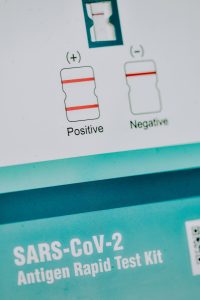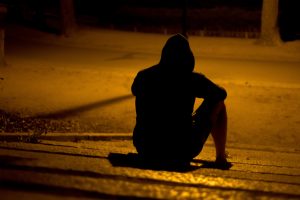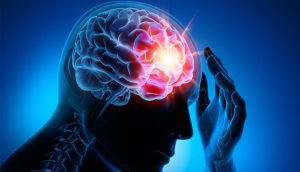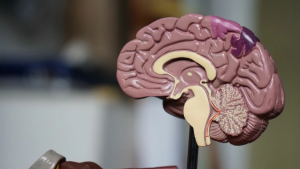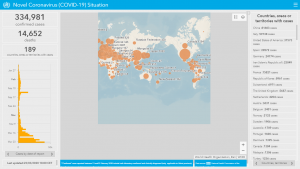No sleep, No problem?

In a 2018 piece for the Business Insider, sleep expert and neuroscientist, Matthew Walker very eloquently said, “The shorter your sleep, the shorter your life” [1]. If that does not make for a striking statement, I don’t know what does. I am not going to sit here and pretend that I myself have not sacrificed precious hours of sleep, be it for studies or mundane things like scrolling through social media. I’m pretty sure most of us (if not all), have at one point or another been subjected to sleep deprivation either out of our own will or begrudgingly due to certain deadlines or commitments. However, I don’t believe most of us have grasped the fact of how detrimental such a thing could be. We tend to overlook the fact that much like food, water and air, sleep is also one of our essential needs for us to properly function on a daily basis. Some even think they can learn to get by with very little sleep without any harmful effects to their health and wellbeing. That is unfortunately not the case.
What happens when we fall asleep?
Usually it is our internal body clock known as the circadian clock/rhythm that regulates our sleeping pattern. It basically means our body tells us when we are ready for sleep. Triggers such as a dark environment induces sleep while daylight, caffeine and bright artificial lights tend to do the opposite.
Our brain also releases certain neurotransmitters or chemicals in response to such stimuli in order to promote sleep or alertness. Commonly, people associate sleep with melatonin which is released when in the dark. However, exposure to artificial bright lights especially those blue lights that emanate from our electronic devices just before bed makes falling asleep much more difficult as less melatonin will be released. Other sleep inducing chemicals include GABA and adenosine. Noradrenaline, adrenaline, histamine and cortisol are hormones that prevent sleep instead. These hormones tend to be secreted in response to stress and causes a person to be more alert and awake.
Throughout sleep, our body undergoes several cycles of phases that are known as Rapid Eye Movement (REM) and Non-REM sleep. It is during REM sleep that we often dream and in which our body is temporarily paralyzed to prevent us from acting out of our dream [2].
Sleep deprivation effects
Being sleep deprived interferes with just about anything one might do, be it school or office work, driving, social interactions and so much more. Even if one might not notice it, it will be present in minute details such as not being able to grasp a simple concept while in class which you would otherwise understand immediately with sufficient sleep hours. This is because sleeping enables us to process thoughts we had during the day and store memories. Therefore, lack of sleep leads to difficulty in focusing and thinking clearly. While productivity seems to be the most affected among adults, children tend to become hyperactive and lose focus easily causing them to misbehave and have poor academic performance.
What actually causes sleep deprivation tends to differ in individuals. It may be one of the following:
- Unhealthy sleeping habits (eg. Using mobile phones just before bed, consuming caffeinated or alcoholic drinks late at night, sleeping at irregular times)
- Having sleep disorders (eg. Insomnia, sleep apnea)
- Medical conditions that causes frequent awakenings (eg. Chronic pain, lung or kidney disease)
- Unfavourable sleeping environments (eg. Too noisy, bright lights)
Progression to sleep deficiency and its risks
Sleep deficiency is just a term to say that one has been having long term sleep deprivation. At this point, regardless of how much you try to catch up, you won’t be able to make up for the countless hours of sleep lost. Additionally, the risk of depression, obesity, Alzheimer’s, cardiovascular diseases and early death increases the more sleep you lose. You can read more about the mechanism behind it here [2] and [3]. Not to forget the detrimental effect that lack of sleep has on one’s vision and their reaction time [4]. Double vision, tunnel vision, hallucinations and perceived dimness are some of the visual consequences while a delayed reaction time may put a person’s life in danger especially when driving or doing activities that require utmost concentration.
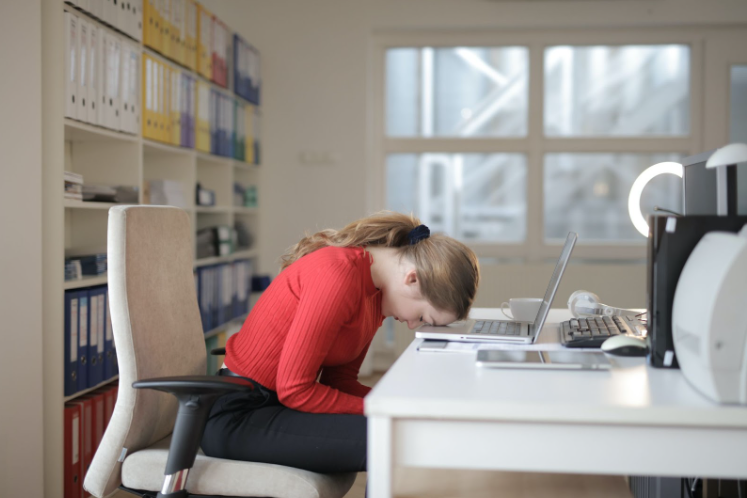
Microsleep
In recent times, microsleep has also become more common. It occurs when you fall asleep for several seconds because you are sleepy but you are not aware that you fell asleep [5]. If you microsleep while you are stationary in a class or in a living room while reading a book, it may not seem very dangerous. At most, you will just be missing out on a few important pointers from the lecture or some scenes from the movie you’re watching. However, if it were to happen when you are driving, it not only poses a risk to your life but also to everyone else around you. Plenty of road accidents have occurred because of this alone. In an episode which can occur at any time of the day, the person may have their eyes open but their brain shuts down for a mere matter of seconds during which anything at all can happen. This only emphasises the importance of getting sufficient sleep so that one feels refreshed and alert while driving or doing important tasks.
How much sleep do I actually need?
The amount of sleep an individual needs is inversely proportional to our age but may differ based on the individual themselves https://www.hsph.harvard.edu/nutritionsource/sleep/. Generally a sleep that lasts between 5 to 9 hours is the bare minimum for a healthy adult to fully function.
According to the National Sleep Foundation and American Academy of Sleep Medicine (AASM), the duration of sleep one should get is as follows:
| Age | Amount of sleep/day |
| Newborns | 14 – 17 hours |
| Infants | 12 – 16 hours |
| Toddlers | 10 – 14 hours |
| Preteens & Teenagers | 8 – 12 hours |
| Adults | 7 – 8 hours |
Tips for better sleep
The most basic tip would be to set a certain time for bed and stick to it routinely. Having a bedtime routine such as reading a book, brushing your teeth, changing into pajamas etc right before bed is also calming. So much so that it becomes second nature to you that your body automatically winds down before your set bedtime. This way, you will be able to regulate your sleep cycles and circadian rhythm normally [6].

Try to not consume large meals, caffeinated or alcoholic beverages at least 5 hour before bed to prevent your normal sleeping time from getting disrupted. Creating a conducive sleeping environment with dark/dim lighting, quiet atmosphere and your preferred temperature (whether warm or cold) is also ideal. Preferably, set your phone to the silent or vibrate mode so that you are not abruptly awoken at night. Try to not use your electronic devices an hour before bed because the blue light emitted from the screens tends to affect your vision and sleep. In case you get up in the middle of the night, do not force yourself to go back to sleep. Instead, try doing something relaxing that does not involve your electronic devices such as reading to make yourself sleepy.
There are plenty of ways for you to get the right amount of sleep but if I were to list them all here, I’m afraid this article will never end. I trust we all know what’s best for ourselves, so cut down on the screen time before bed will you? :]
References
- Brueck, H., 2018. Elon Musk says gruelling 120-hour work weeks are taking a toll on his health — here’s what sleeping less than 7 hours a night can do to you. [online] Business Insider. Available at: <https://www.businessinsider.com/elon-musk-sleep-deprivation-damage-2018-8> [Accessed 3 May 2022].
- The Nutrition Source. 2022. Sleep. [online] Available at: <https://www.hsph.harvard.edu/nutritionsource/sleep/> [Accessed 3 May 2022].
- Goldman, L., 2020. 6 harmful effects of lack of sleep — and why it’s unhealthy. [online] Insider. Available at: <https://www.insider.com/lack-of-sleep-effects> [Accessed 3 May 2022].
- Loria, K., 2018. Sleep deprivation can kill you — here’s what sleeping less than 7 hours per night does to your body and brain. [online] Business Insider. Available at: <https://www.businessinsider.com/sleep-deprivation-effects-on-your-body-brain-2018-8#sleepiness-leads-to-irritability-9> [Accessed 3 May 2022].
- National Sleep Foundation. 2021. What is Microsleep? – National Sleep Foundation. [online] Available at: <https://www.thensf.org/what-is-microsleep/> [Accessed 7 June 2022].
- Centre for Disease Control and Prevention (CDC). 2021. How Does Sleep Affect Your Heart Health?. [online] Available at: <https://www.cdc.gov/bloodpressure/sleep.htm> [Accessed 3 May 2022].
The opinions expressed in the article are the writers’ own and do not reflect the view of MPS YPC.

